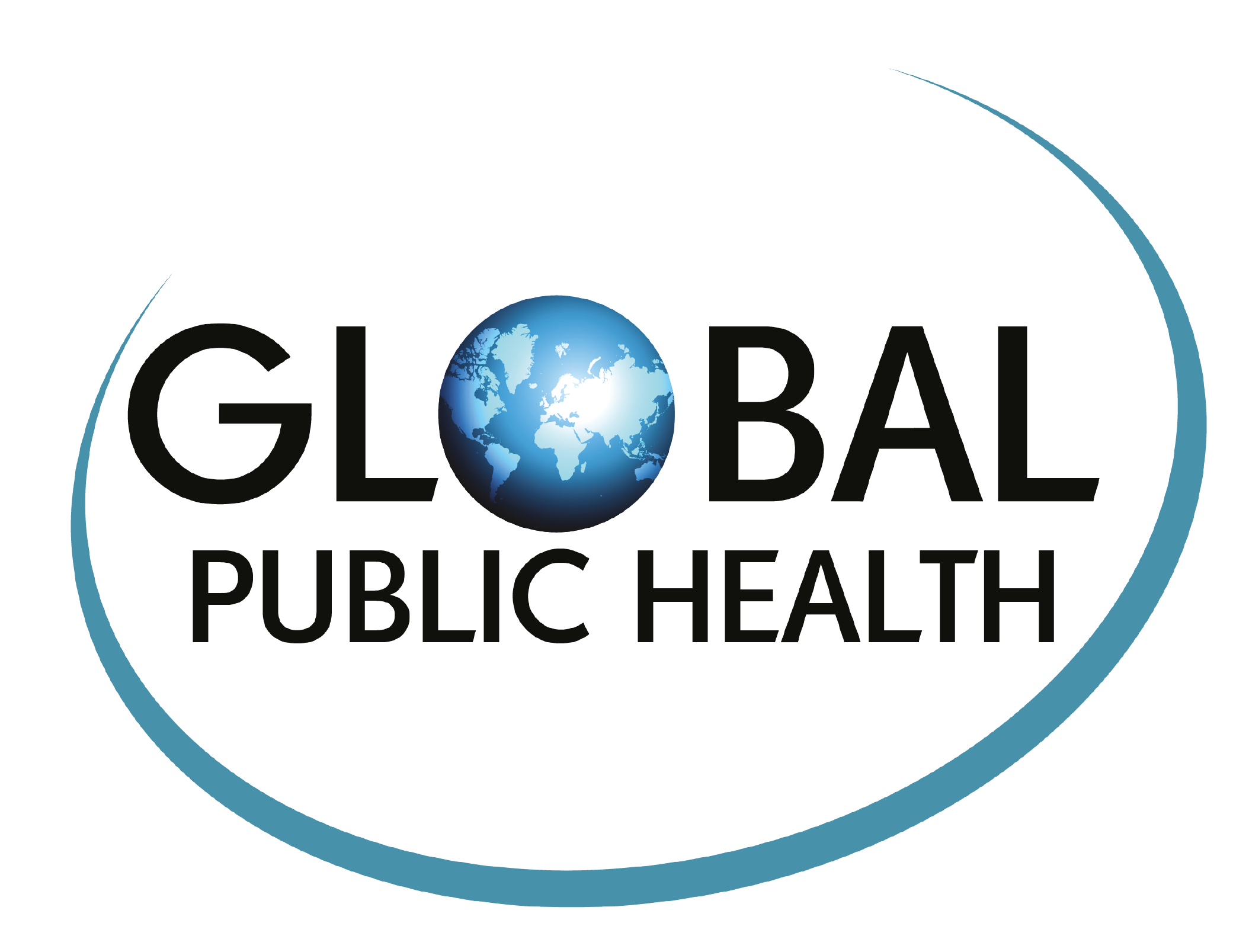Conference Speakers
KeyNote Speakers
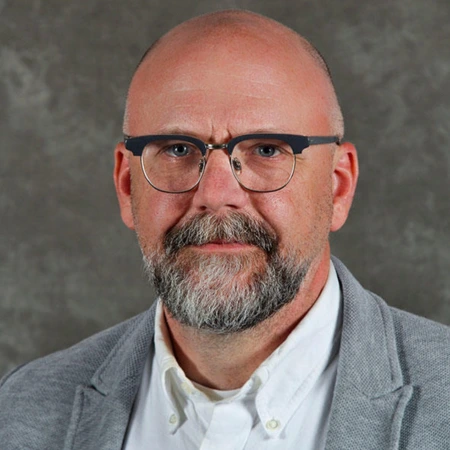
Title: "Cancer Epidemiology: A Nucleus for Long-Term Global Health Collaborations"
Christian C. Abnet, Ph.D., M.P.H.
NCI/DCEG, NIH, USA
Dr. Christian Abnet is a leading expert in the etiology of esophageal and gastric cancer and in the study of the oral microbiome. Dr. Abnet earned a Ph.D. in environmental toxicology from the University of Wisconsin and an M.P.H. in epidemiology from the University of Minnesota. He joined the NCI as a Cancer Prevention Fellow in the Division of Cancer Prevention and subsequently was appointed as a tenure-track investigator in DCEG. In 2014, he was awarded scientific tenure by NIH and then named Director of the Metabolic Epidemiology Branch the following year. In recognition of his commitment to training the next generation and his skills as a mentor, Dr. Abnet received the DCEG Outstanding Mentor Award in 2009.
Dr. Abnet serves as a principal investigator for the Nutrition Intervention Trial, the Golestan Cohort Study, several case-control studies, and the Connect for Cancer Prevention Study cohort. He is an elected member of the American Epidemiological Society.
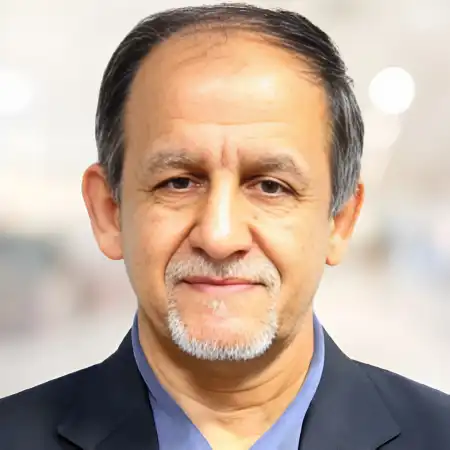
Title: "Invisible Enemies in the Food Chain: How Science and Global Cooperation Are Making Us Safer"
Dr. Mohammad Bagher Rokni
Tehran University of Medical Sciences
Iran
Dr. Mohammad Bagher Rokni obtained his BSc in 1979, and his MS and PhD in Medical Parasitology in 1991 and 2002, respectively. He contributed to 9 books and chapters, as well as taken part in over 70 national and international congresses and meetings. He has been included in the list of the world’s top one percent cited scientists and in the list of top 2% scientists at Stanford University. Dr. Rokni is a Member of the Board of Directors of Iranian Society of Parasitology, Iranian Public Health Association, Iranian Scientific Association of Clinical Laboratory, Member of European Society of Microbiology and Infectious Disease and Member of the World Association of Medical Editors (WAME). He is also a member of WHO’s Food Borne Disease Burden Epidemiology Reference Group, Vice-president of Eastern Mediterranean Association of Medical Editors (EMAME) society, Chair of Journal Visibility & Indexing Committee (EMAME), editor of the Iranian Journal of Public Health and Iranian Journal of Parasitology. Dr. Rokni’s academic career includes extensive teaching in medical helminthology and English for various disciplines, having taught medical, nursing, pharmacy, and public health students across Iran. He has held multiple administrative roles, including Internal Manager of the Ahwaz Health Research Institute, departmental representative for educational development, and expert consultant to national research laboratory networks.
Plenary Speakers
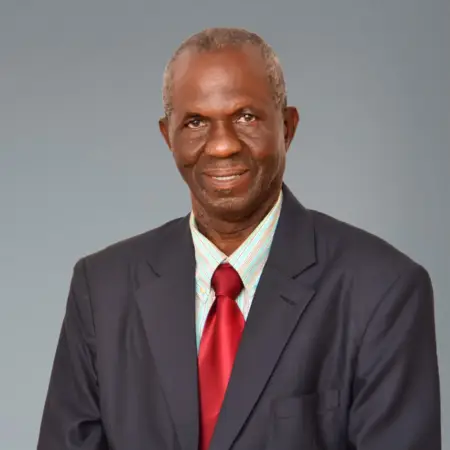
Prof. Caleb Adegbenro
Title: "Prevention and Control of Infectious Diseases both at Health Care Settings and in the Community level Nigeria Experience"
Professor and Head of Department of Public Health,
Bowen University, Iwo, Osun State, Nigeria
Prof Caleb ADEGBENRO obtained both Bachelor’s and Master’s degree in Special Education and Audiology from the University of Ibadan, Ibadan, Nigeria. He also obtained both Master of Public Health (MPH) and PhD degrees in Health Promotion & Education from the University of Ibadan, Ibadan, Nigeria. Prof Adegbenro was the First Full Professor of Public Health and Audiology combined together at the Obafemi Awolowo University, Ile-Ife, Osun State before his retirement in 2022. . Presently, Prof Adegbenro has been on permanent contract appointment at the College of Health Sciences, Bowen University, Iwo, Osun State, Nigeria since January, 2022 todate. At the Bowen University, he has served as the Dean/Senior Assistant Provost (SAP) at the Faculty of Basic Medical and Health Sciences, College of Health Sciences from January to July, 2024. He is the current Head of Department of Public Health, College of Health Sciences, Bowen University, Iwo, Nigeria.
He has over 30 years of professional experience encompassing University teaching, research and community services in the medical school both at undergraduate and postgraduate levels and in the neighbouring communities. He started as a Lecturer II in November, 1999 at the Department of Community Health, Faculty of Clinical Sciences, College of Health Sciences, Obafemi Awolowo University and rose through ranks to become a Professor, 1st October, 2017. Prof Adegbenro was in involved in many research studies either as a PrincipaI Investigator or Co-investigator majorly in the prevention and control of both communicable and non-communicable diseases. He has also served as a consultant to some Ministries and International Agencies such as, Federal Ministry of Health, Health Promotion Division, UNICEF in carrying out research projects and the development of Policy Handbooks for some Disciplines in the field of public health. He has attended and presented quality papers in many learned conferences and workshops both locally and at international scenes. He has also served as an external examiner to some Universities, both on shore and offshores. This included Department of Health Promotion and Education, University of Ibadan, Babcock University, Ilisan, Ogun State, Federal University of Technology, Owerri and Texilla University, Guyana, South America. He has also served as a reviewer to some learned journals both in Nigeria and outside the Country. He has published over fifty (50) quality papers in many learned journals, both local and internationally.
Prof Adegbenro belongs to the following professional bodies such as, i.) Fellow member, Royal Society for Public Health (FRSPH) UK, ii.) Member, Speech Pathologists and Audiologists Association in Nigeria (SPAAN), iii.) Member, National School Health Association, iv.) Member, Association of Schools of Public Health in Africa (ASPHA).

Prof. Martha Chadyiwa
Title: "Stronger Together: Collective Action for Global Health Solutions"
Sefako Makgatho Health Sciences University,
South Africa
Prof Martha Chadyiwa is an accomplished leader and Associate Professor of Public Health specializing in Environmental and Occupational Health. She holds an MBA from Twente University and a PhD from the University of the Witwatersrand. Between 2012 and 2017, she served as Head of the Department of Environmental Health at the University of Johannesburg, where she played a key role in developing the Master of Public Health curriculum. As a strategic thinker, Prof Chadyiwa has supervised over 20 Masters students and received numerous accolades, including being named one of South Africa’s InspiringFifty women in STEM in 2021. She has strong international experience, having served as vice-chair of the U21 Sustainable Development Goals committee from 2019 to 2024, where she led global initiatives to shape health policy and sustainable development. Prof Chadyiwa is now ready to leverage her leadership, policy expertise, and vision to help drive TIIKM’s commitment to internationalisation, networking and collaboration as a representative from Southern Africa.

Dr. Brian A. Primack
Title: "How to Thrive in a Tech-based World with Lifestyle Interventions"
Oregon State University
USA
Brian A. Primack is a higher education administrator, medical researcher, author, and speaker with expertise in interrelationships among media, technology, and health. He is dean of the College of Health at Oregon State University. He is the author of You Are What You Click: How Being Selective, Positive, and Creative Can Transform Your Social Media Experience. Dr. Primack received his BA from Yale University in English and Mathematics in 1991 and his master’s degree in psychology and education from Harvard University in 1993. He subsequently graduated first in his class from Emory Medical School in 1999. Now, on the faculty of the University of Pittsburgh School of Medicine, Dr. Primack combines his expertise in education, technology, human development, and medicine by researching both positive and negative effects of media messages on health. He is a pioneer on the use of media literacy education in preventing adolescent smoking, underage drinking, and other harmful adolescent health behaviors. He has also conducted extensive research on the new phenomenon of waterpipe (“hookah”) tobacco smoking. He is the recent recipient of regional, national, and international awards for research, teaching, and overall achievement, including the Robert Wood Johnson Faculty Physician Scholar Award (2006-2009), the Early Career Research Award from the Society of Behavioral Medicine (2010), the University of Pittsburgh Cancer Institute Junior Faculty Scholar Award (2010), and the Outstanding Pitt Medical Student Research Mentor Award in 2013.

Assoc. Prof. Melissa A. Davis MD, MBA
Title: “Innovation and the Future of Imaging”
Department of Radiology and Biomedical Imaging
Yale University, USA
Dr. Davis an associate professor and Vice Chair of Medical Informatics in the Department of Radiology and Biomedical Imaging. She completed her BA in Chemistry and Psychology at Wellesley College in Wellesley, MA. In 2009 she received her medical degree from the Medical University of South Carolina in Charleston, SC. Subsequently she completed a Diagnostic Radiology residency and a Neuroradiology fellowship at the University of North Carolina in Chapel Hill, NC. Dr. Davis obtained her MBA in 2017 from Yale University with a focus in healthcare management. Dr. Davis’ academic areas of interest include organizational change and innovation within the healthcare space.
Panel Speakers
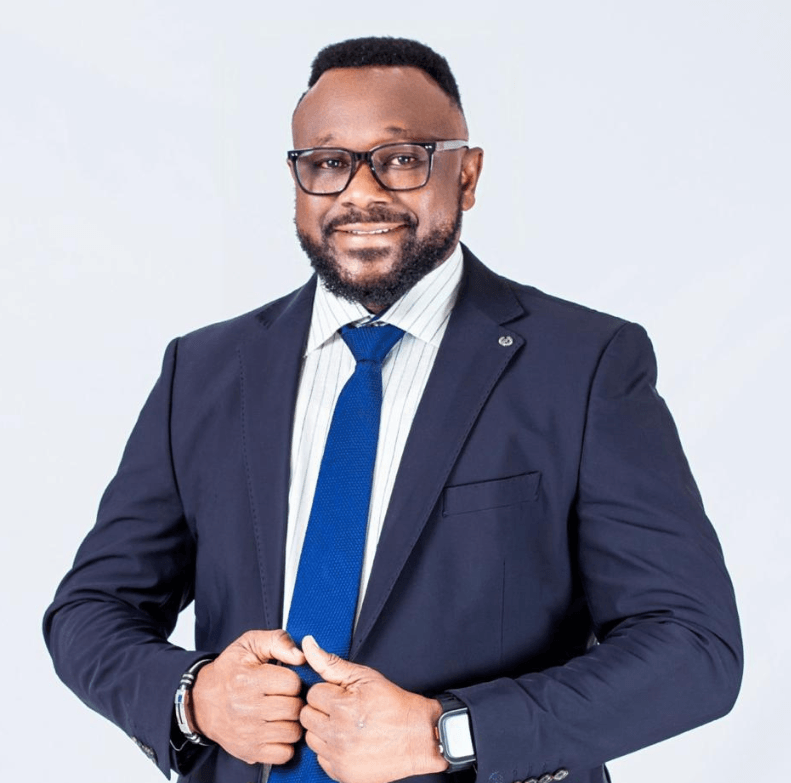
Prof. Olanrewaju Oladimeji
Professor of Epidemiology and Implementation Research
Head of Doctoral Programs in the Department of Public Health
Sefako Makgatho Health Sciences University
South Africa
Olanrewaju Oladimeji, MB;BS, MSc, MPA, FRSPH, PhD is a Professor of Epidemiology and Implementation Research. He is the head of Doctoral Programs in the Department of Public Health at Sefako Makgatho Health Sciences University. He is a member of the South African Young Academy of Science (SAYAS), an NRF-Y1-rated researcher, and a former visiting scholar in the Department of Global Health and Population at the Harvard T.H. Chan School of Public Health. He obtained a PhD in Public Health from the University of KwaZulu-Natal, South Africa. He later received a prestigious scholarship award for his Postdoctoral Fellowship in Global Health at Harvard T.H. Chan School of Public Health, USA. He has spent over a decade in science leadership and research coordination. He has adjunct professorial affiliations with a few Universities where postgraduate candidates and junior researchers are supervised and mentored. He is an adjunct Professor of Public Health at Durban University of Technology in South Africa and a visiting Professor of Community Health at the University of Jos in Nigeria. He has supervised over 45 postgraduate candidates up to date. He has been a Co-Investigator in many funded research projects, Principal Investigator of implementation and capacity development grants. His academic and research outputs have earned him several publications in DHET-accredited journals, and the impact of his research is reflected in many high-profile citations (Google Scholar: citation index is 47,976, h-index is 33, and his i10-index is 62. Based on his scholarly visibility, He is a Guest Editor for the Scientific report of a special collection, “Health disparities,” and an Editorial Advisor to F1000 Gateway Global Public Health. He is also an editorial board member for Nature Scientific Reports, academic editor for PLOS One, Pan Africa Medical Journals, and associate editor for Biomedical Central. He serves as a grants review consultant for grant applications for various international organizations, including the United Nations Office of Special Projects and the Stop TB Partnership in Geneva. He is a Fellow of the Royal Society for Public Health (RSPH), a Fellow of the African Scientific Institute (ASI), a Fellow of Southern African Science Leadership Program (S-ASLP), a member of the American College of Epidemiology (MACE), a member of the American Association for the Advancement of Science (AAAS), the American Public Health Association (APHA) and the American Thoracic Society (ATS). In March 2024, he received a Bronze Scientific Merit Award for his exceptional contributions to Health Research in South Africa.
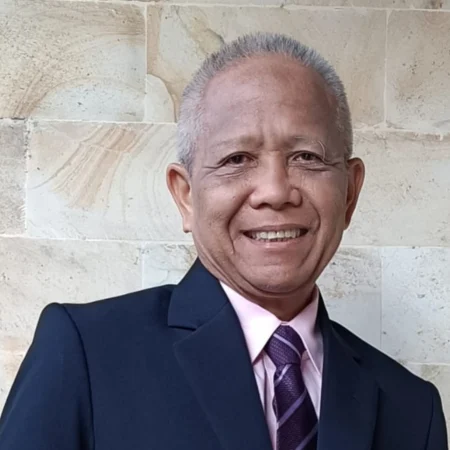
Prof. Dr. Ir. Gede Sedana, M.Sc., M.M.A
Dwijendra University
Indonesia
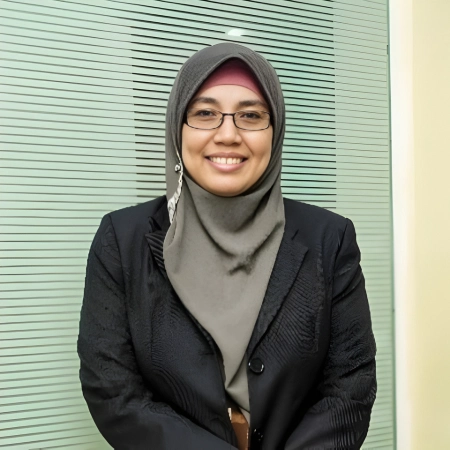
Prof. Dr. Sharifa Ezat Wan Puteh
Faculty of Medicine, The National University of Malaysia (UKM)
Malaysia
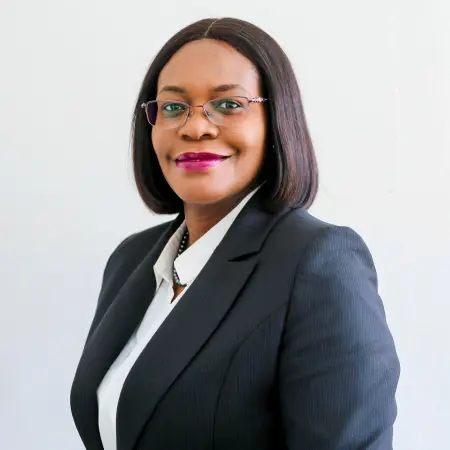
Dr. Doreen Mainza Shempela
Director Public Health Policy Diplomacy and Communication
Zambia National Public Health Institute
Zambia
Dr. Doreen Mainza Shempela is a distinguished leader in public health, currently serving as the Director of Public Health Policy, Diplomacy, and Communication at the Zambia National Public Health Institute. With an extensive 25-year career rooted in laboratory medicine and public health, Dr. Shempela has become a pivotal figure in shaping health security and policy across the region.
As a seasoned policymaker and health system strengthening expert Dr. Shempela is a recognized regional subject matter specialist in biorisk management and biosecurity. She possesses a unique talent for translating complex scientific knowledge into actionable and impactful policy. Her role is critical in coordinating national risk assessments, leading risk communication strategies, and spearheading emergency preparedness and response initiatives. This expertise is built on a solid foundation of academic achievement, including a Ph.D. in Public Health, a Master of Science in Public Health, and a Bachelor’s degree in Biomedical Sciences.
A dedicated researcher and proficient scientific writer, Dr. Shempela has significant experience in designing and implementing advanced surveillance programs, with a special focus on genomics and wastewater surveillance. Her work has been instrumental in public health system strengthening initiatives. Furthermore, as a mentor and auditor for quality management systems, she has guided numerous organizations towards excellence. Through high-level consultancies with a range of multi-lateral and bilateral organizations, Dr. Shempela continues to contribute invaluable expertise to the global public health landscape, driving forward an agenda of safety, quality, and resilience.
